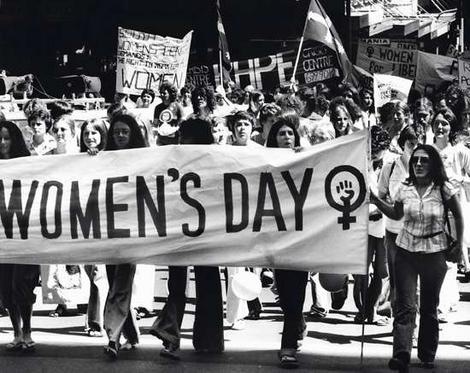This year’s list of the Fortune 500 leaders includes the highest number of women ever … and that number is 24. Globally, only 5 percent of the largest companies have women at the helm.
My personal observation is that most organizations’ presidents are men, most are tall, many come from top-tier schools, and few are Southern.
This has gotten me thinking about how unlikely my own professional journey has been. In my case, I think the key to success was not knowing my limits.
When I was little, I clearly remember my mother telling me that being a girl wouldn’t stop me from becoming whatever I wanted to be in life. She also said that our mothers are the only bosses we ever have. (She may have had her own agenda there.)
So I didn’t know I was supposed to have limits.
In the early ’60s, I was the first girl to play baseball with the boys. Soon, the other girls joined us. I coached my brother’s Little League team when I was in high school. It was a shock to the boys and their parents—baseball wasn’t a sport women coached—but we won the championship in a very competitive league.
Meanwhile, women and men everywhere were mobilizing to reform gender discrimination. The Equal Pay Act passed Congress in 1963, and Betty Friedan founded NOW in a hotel room in 1966. Title IX went into law in 1972, barring gender discrimination in educational programs and activities. I witnessed all of these milestones before graduating from high school.
By the time I graduated from college in 1974, the women’s movement was in full swing, and we were fighting for fairness. When I landed my first job that summer, women working full time earned less than 60 percent of men's salaries. This infuriated me. Years later, when I was the head of HR for Johns Hopkins Medicine, one of the first things I did was to systematically review all our jobs to ensure wages were fair.
My mother’s lessons had taken root, and I saw that progress—though sometimes frustratingly slow—is possible when people stand up for what’s right and fair.
I believe this early support and sustained encouragement led me—a petite woman with a public education and a Southern accent—to be president of Johns Hopkins Medicine International.
We’ve all had twist and turns in our careers and have wound up in places we never would have imagined. Who has guided your way and given you the inspiration to ignore the impossible?

GOOD
Thank you, Dr. Bidari. Please keep reading!